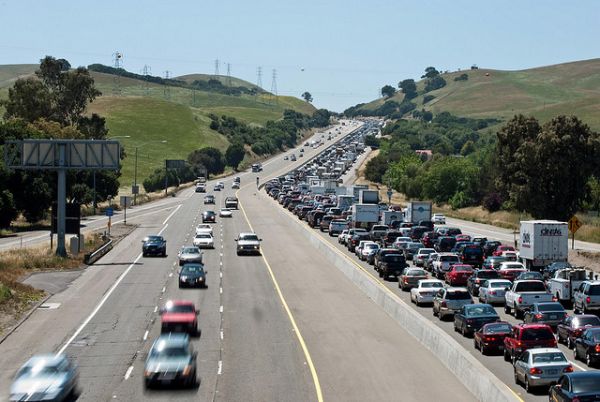
When you go on a road trip, does going to your destination seem to take forever? Yes, most of the time. But the trip home seems somewhat shorter, doesn’t it? This holds up even when you take the exact same route home. A recent study says that the reason behind this phenomena is that we are bad at judging or remembering how long a trip takes.
The study does support the basic “return trip effect,” but its methods and reasoning are unconvincing. The sample size was woefully small, at 20 participants. The researchers assumed we have to travel the exact same route there and back to feel the effect, which isn’t necessarily true. And their conclusion was flat: even if people recall return trips poorly, the question of why they have this particular memory failure still remains.So which is it? Bad memory, novelty vs. familiarity, or revised expectations? A series of experiments reveals the answer, described in an article at Citylab.
For a stronger theory on the “return trip effect” we (re)turn to a clever series of studies reported in a 2011 paper in the Psychonomic Bulletin & Review. The work was led by social psychologist Niels van de Ven of the Tilburg University in the Netherlands.
Ven and collaborators wanted to explore two possible explanations for the “return trip effect.” One was “familiarity”: just as routine tasks seem to take less effort than new ones, perhaps familiar routes seem to take less time to complete. The other was “expectations”: if the way there takes longer than we thought it would, then perhaps we adjust our time expectations upward on the way back, and find ourselves pleasantly surprised when it doesn’t take as long.

No comments:
Post a Comment